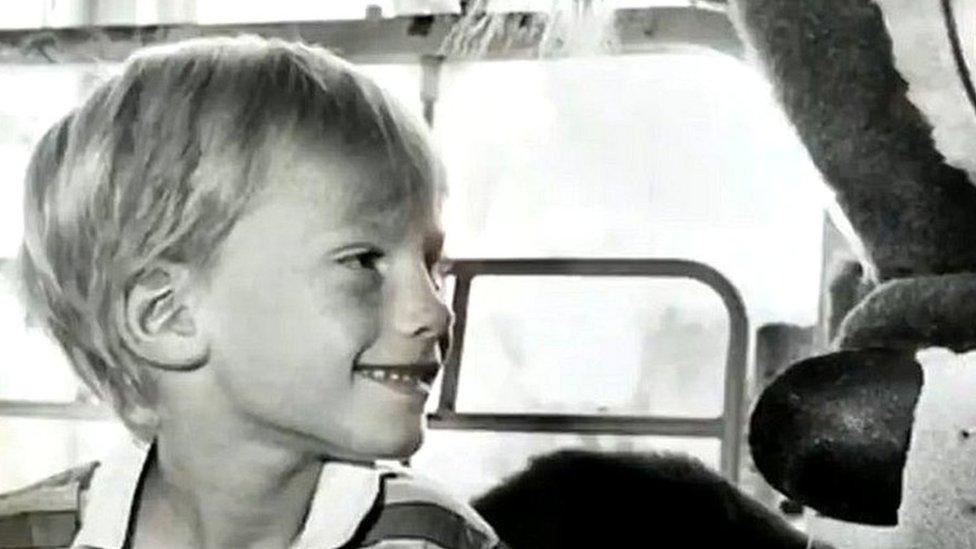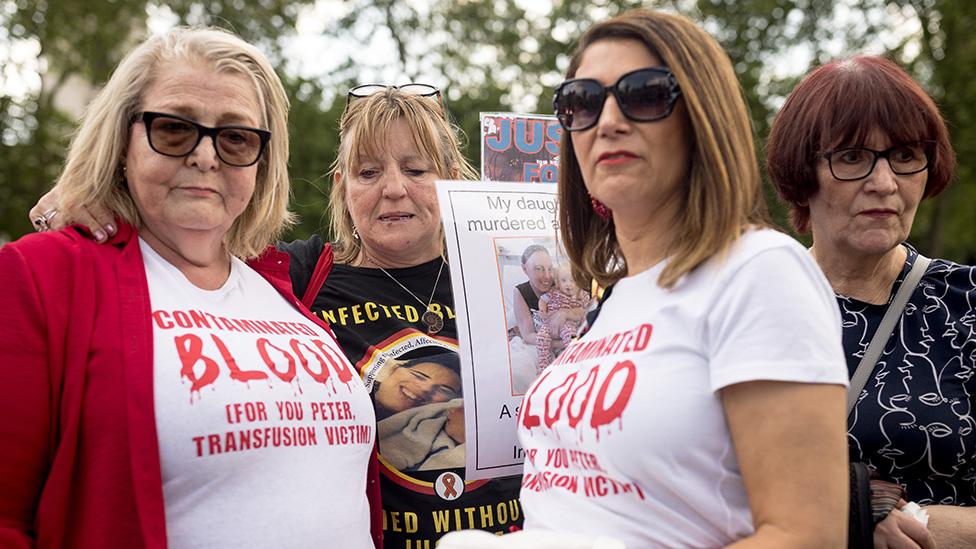Bridlington infected blood victim's fears over inquiry outcome
- Published
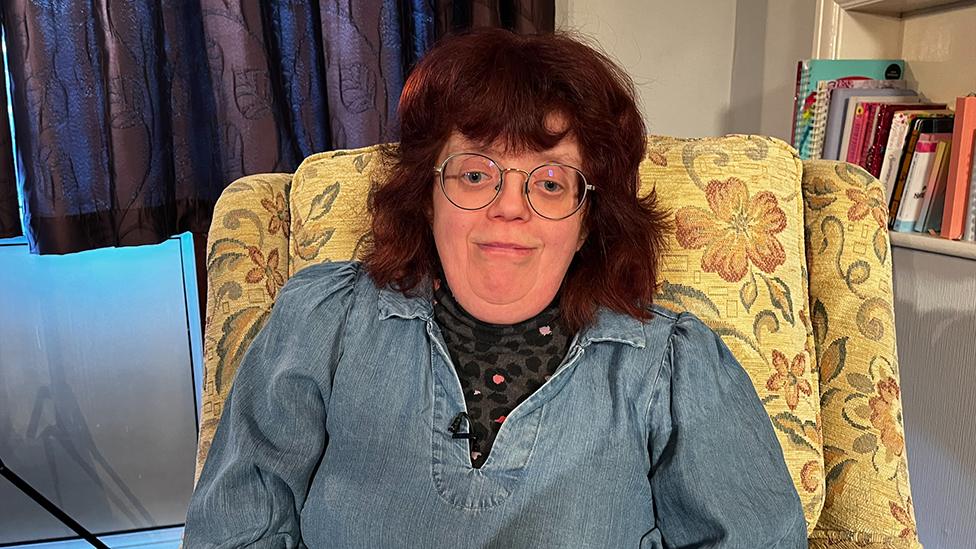
Mel McKay said she feared infected blood victims would be "pushed to one side"
A woman infected by contaminated blood as a child said she hopes thousands of victims like her will get justice.
Mel McKay from Bridlington was among some 4,000 people given transfusions that infected them with hepatitis and HIV in the 1970s and 80s.
Ms McKay said she hoped the government would respond in the same way as it had to the recent Post Office scandal.
The government announced the final report from the infected blood inquiry would be published on 20 May.
As a young girl, Ms McKay was given a transfusion following open-heart surgery and was left HIV positive.
It has weakened her immune system leaving her susceptible to infections and she relies on "lots of different tablets just to keep me alive".
She said she hoped the media coverage of the Horizon scandal would "push the government even more quicker to actually act on the same way", but added she was concerned that blood victims could be "pushed to one side".
"We have been fighting for 40 odd years and the post office scandal's been only like sort of 20 years," she said. "It's half the time than what we have and we're still fighting.
"And it makes me wonder whether if the government, because they're going to have to sort out the Post Office, we're going to end up being put on a back burner and being brushed under the carpet."
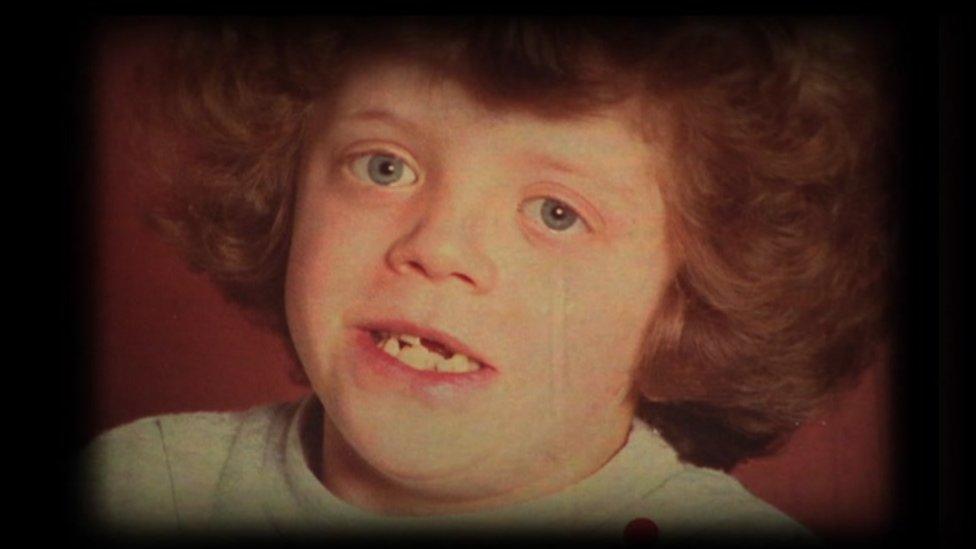
Mel McKay was left HIV positive after she had surgery as a child
During the 1970s and 1980s, NHS patients with blood disorders or those who had surgeries were treated with medication imported from the US.
At the time, it was made from the pooled blood plasma of thousands of paid donors, including some in high-risk groups, such as prisoners.
Almost 2,000 people died in what has been labelled the worst treatment disaster in the history of the NHS.
A public inquiry has looked at recommendations for compensation for victims to cover things such as loss of earnings, care costs and other lifetime losses.
An interim payment of £100,000 was made to the surviving victims and bereaved partners.
Ms McKay said it had been "hard work, campaigning and getting justice".
"This should have been dealt with a long, long, long time ago," she said. "It's getting to a point where we just want it over and done with now, so that basically we can all live our life."

Follow BBC Yorkshire on Facebook, external, Twitter, external and Instagram, external. Send your story ideas to yorkslincs.news@bbc.co.uk, external.
Related topics
- Published18 December 2023
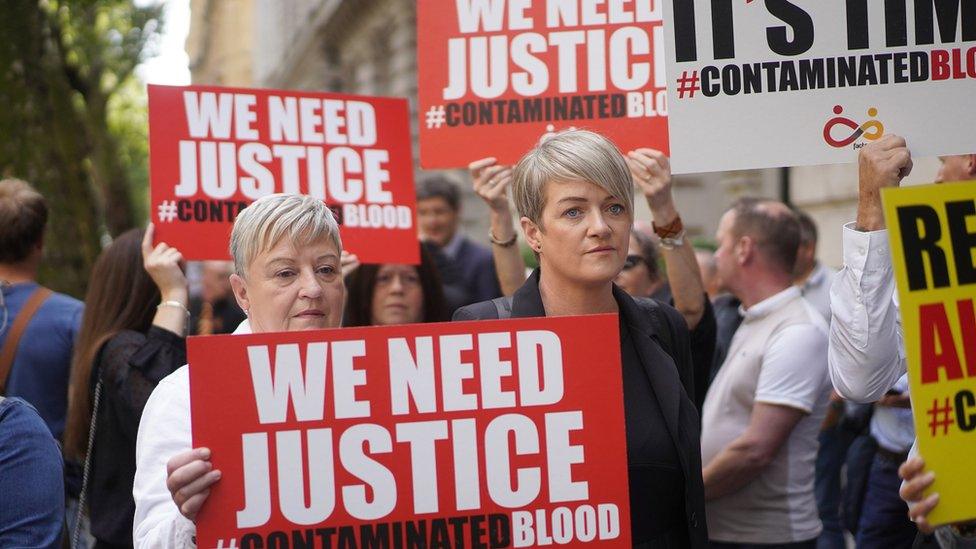
- Published5 December 2023
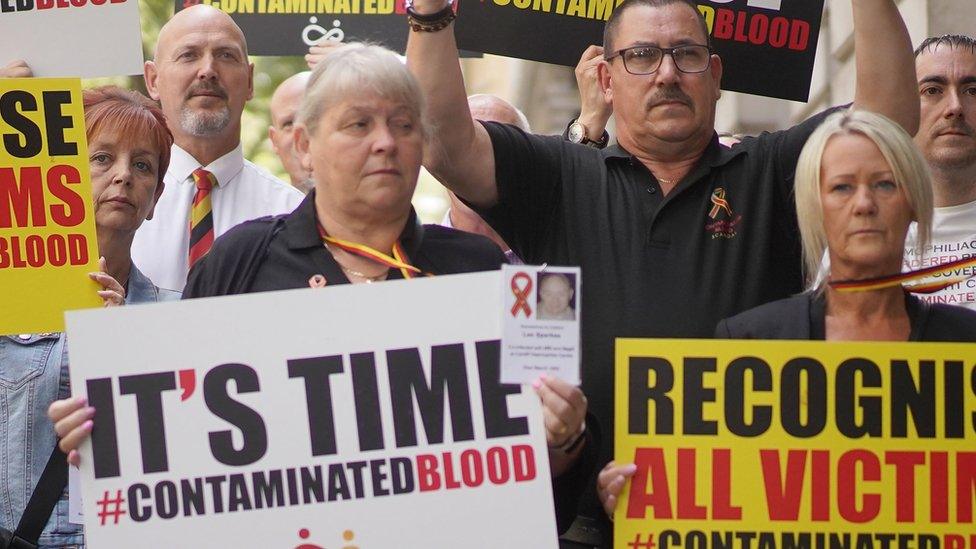
- Published5 December 2023

- Published17 September 2022
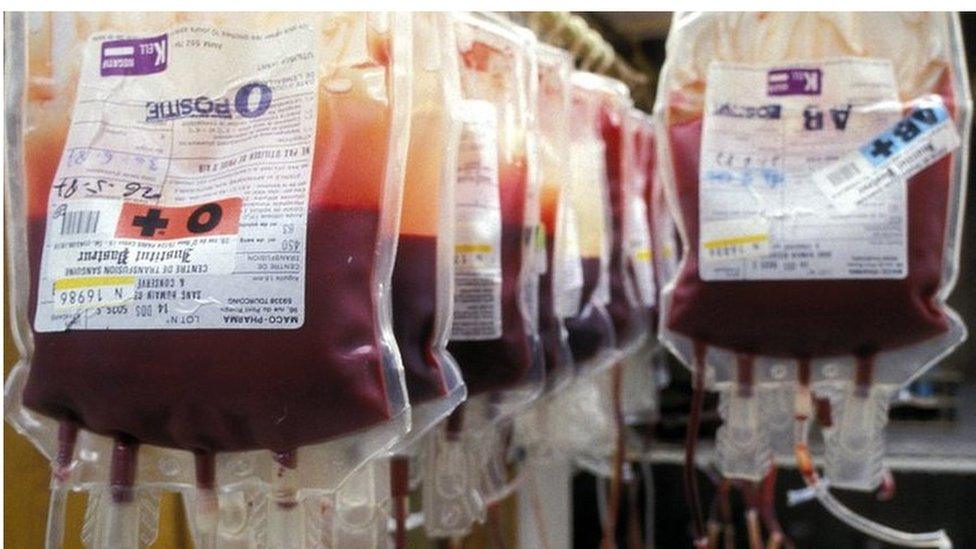
- Published17 August 2022
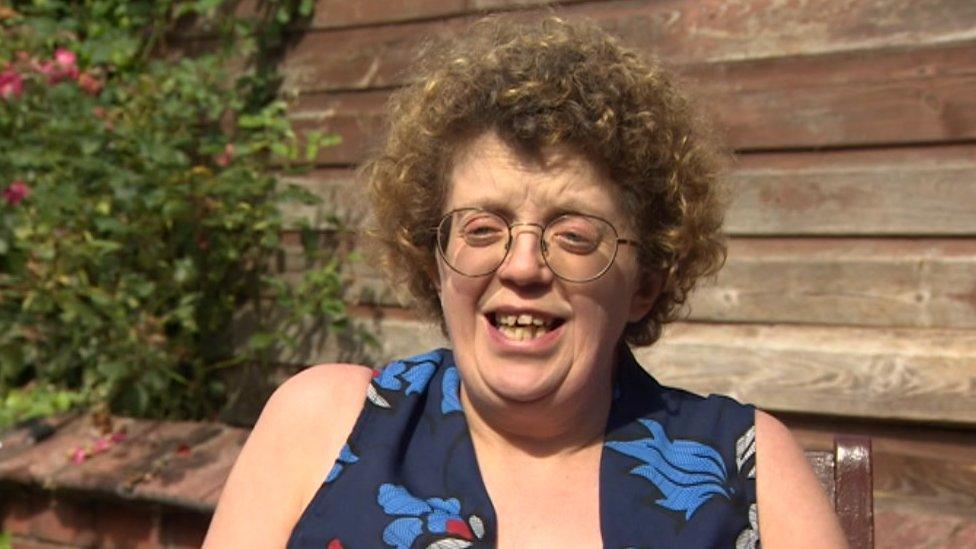
- Published17 August 2022
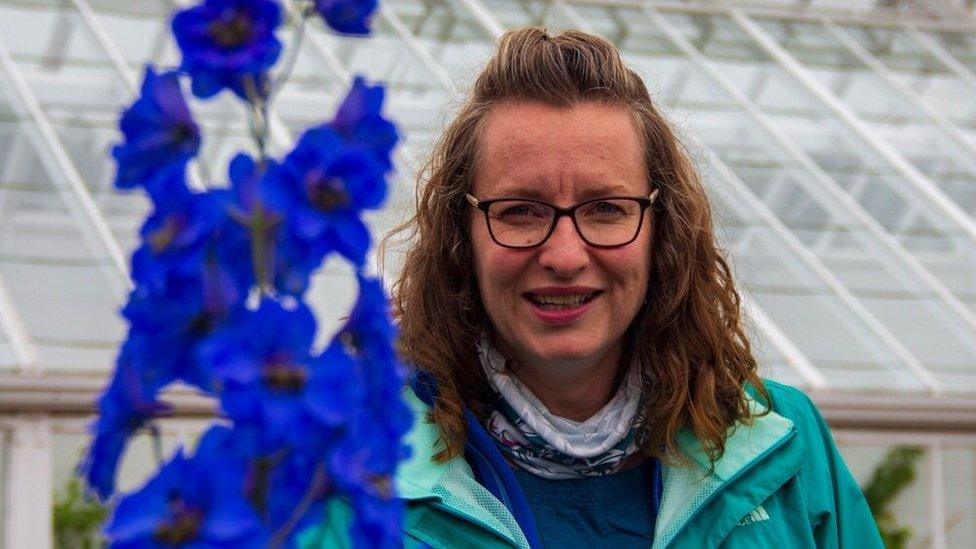
- Published22 October 2022
